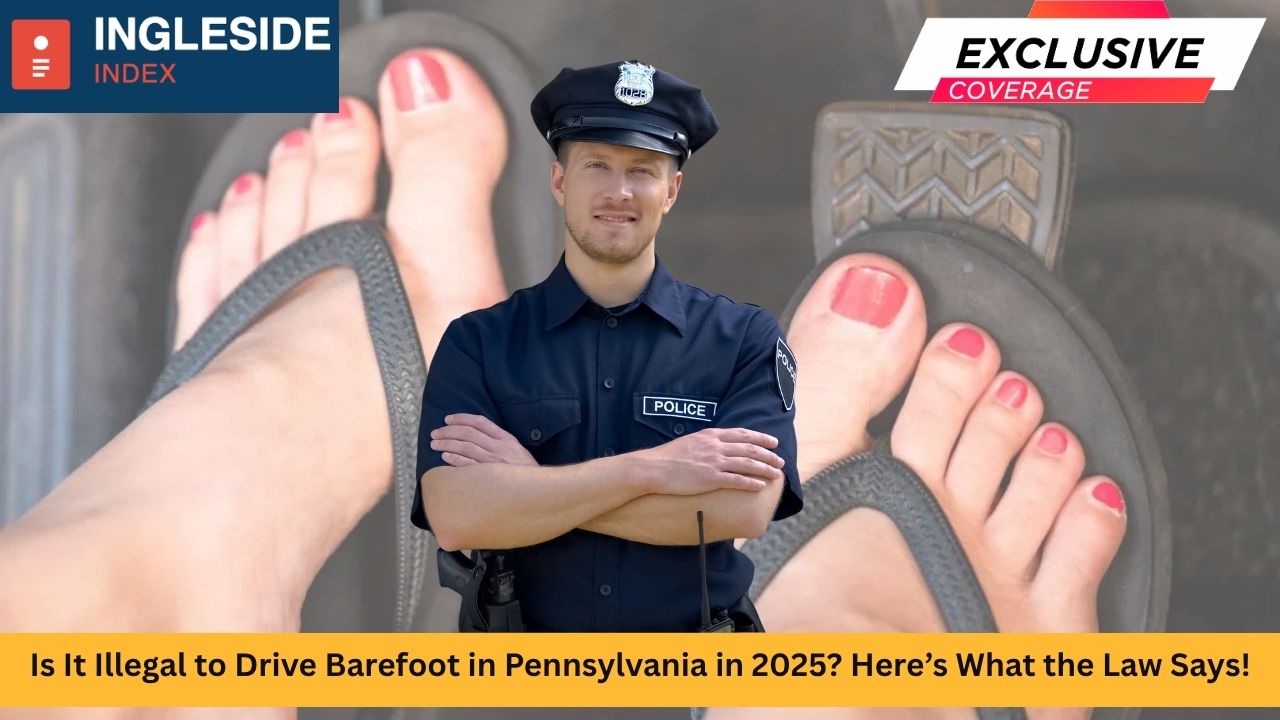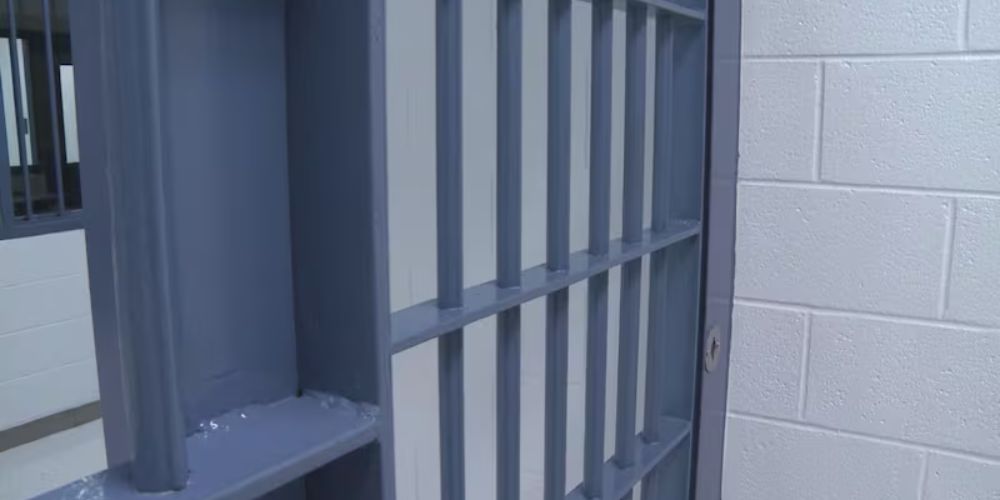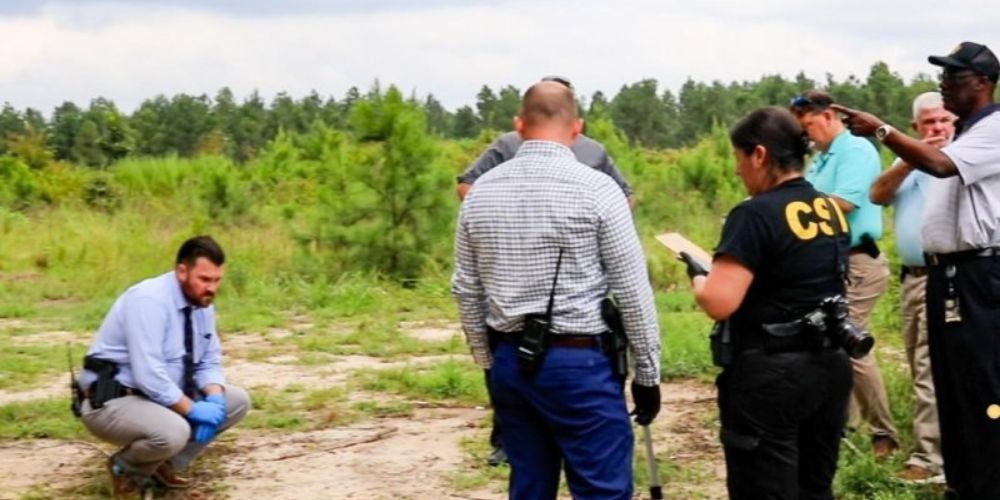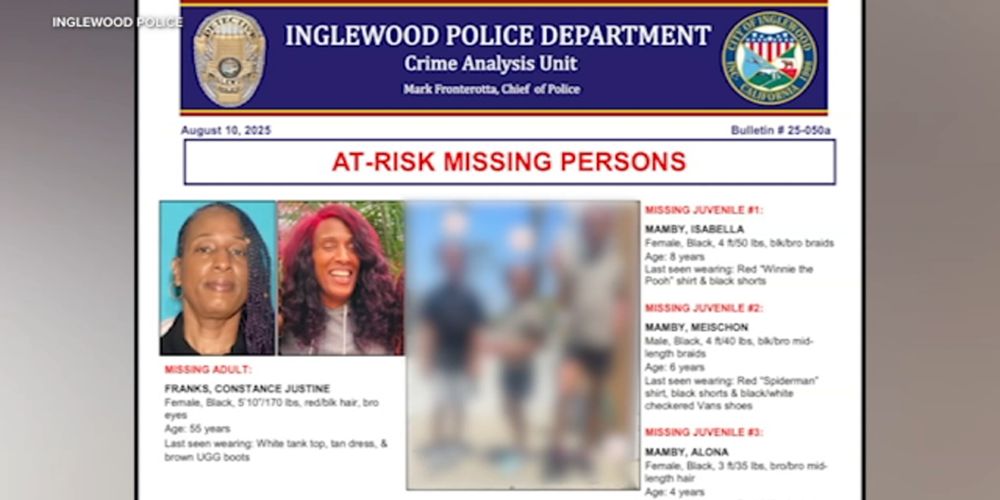Driving habits often come with a bundle of questions, and one of the persistent curiosities for many Pennsylvania drivers in 2025 is whether it is illegal to drive barefoot. The idea of steering a vehicle without shoes might seem strange to some, while others might find it comfortable or necessary in certain situations. This comprehensive article aims to cover the legal stance, potential risks, and practical considerations related to driving barefoot in Pennsylvania, complemented by interesting facts, statistics, and relevant city-specific insights.
Understanding the Legal Stance on Barefoot Driving in Pennsylvania
No Law Prohibiting Barefoot Driving
Contrary to popular myths and misconceptions, Pennsylvania does not have any state laws that prohibit driving barefoot. This means that throughout the Commonwealth, whether you’re driving in the bustling streets of Philadelphia or the suburban roads of Pittsburgh, you are legally allowed to drive without shoes. This policy aligns with all 50 states, where no federal or state authorities have enacted laws explicitly banning barefoot driving.
What This Means for Pennsylvania Drivers in 2025
-
Law enforcement officers cannot legally cite you solely for driving barefoot.
-
The Pennsylvania Department of Transportation (PennDOT) does not oppose barefoot driving but suggests drivers wear appropriate footwear for safety.
-
If driving barefoot leads to unsafe driving or causes accidents, other laws such as reckless or careless driving statutes may apply.
Caveats to Consider
The legality of barefoot driving doesn’t mean safety risks should be ignored. If a traffic incident occurs and it’s determined that driving barefoot contributed to the accident, drivers can face penalties under:
-
Reckless Driving Statute: Involves willful or wanton disregard for safety, a serious offense.
-
Careless Driving Statute: Covers negligent behavior that disregards safety, a lesser offense but still punishable.
In such cases, liability could extend to civil claims and insurance repercussions.
Why Do Some Pennsylvanians Choose to Drive Barefoot?
Driving barefoot is often a personal comfort or necessity driven choice. Here are some common reasons Pennsylvanians kick off their shoes before driving:
-
Comfort: Especially on long drives or after wearing restrictive shoes.
-
Emergency Situations: When time is critical, such as moving a vehicle quickly.
-
Beach or Recreational Activities: Cities like Erie or coastal parts of Pennsylvania see drivers going barefoot after beach outings.
-
Footwear Mishaps: Broken heels or uncomfortable shoes can prompt quick removal.
While this is legal, experts and driving instructors tend to recommend proper footwear for optimal control.
Risks and Safety Considerations of Driving Barefoot
Though bare feet may provide a natural feel for the pedals, several safety concerns exist:
Reduced Pedal Control and Grip
Shoes provide a consistent surface and protection, ensuring steady pressure on the accelerator, brake, and clutch. Bare feet, especially when wet or sweaty, may:
-
Slip off pedals unintentionally.
-
Apply uneven pressure, causing delayed braking.
-
Increase the risk in emergency maneuvers.
Increased Injury Risk
In a collision or during abrupt pedal presses, bare feet are vulnerable to cuts, bruises, or fractures from pedal forces or metal components.
Varied Impact Based on Vehicle Type and Conditions
-
Manual transmission vehicles require precise clutch control, increasing risks driving barefoot.
-
In adverse weather like rain or snow, slippery pedals combined with bare feet elevate danger.
-
City driving in Philadelphia or Pittsburgh with heavy traffic demands optimum pedal control.
Why Footwear Still Matters
Driving experts recommend shoes that:
-
Fit securely.
-
Have thin, flexible soles for pedal feel.
-
Provide grip and protection.
Commonly recommended footwear includes sneakers or closed-toe shoes. Flip-flops or high heels are discouraged even though not illegal.
Pennsylvania’s Traffic and Road Safety Stats: Context for Barefoot Driving Considerations
4.1 Pennsylvania’s Crash Statistics Overview
Pennsylvania is among the states with a high volume of vehicle traffic, resulting in significant accident rates:
-
In 2023, Pennsylvania reported over 110,000 vehicle crashes, a slight decline from previous years.
-
Fatalities remained over 1,100 deaths statewide with cities such as Philadelphia, Allegheny (Pittsburgh area), and Bucks County being hotspots.
-
Urban areas with dense traffic see higher accident rates due to complexity and congestion.
4.2 Pedestrian and Vulnerable Road User Safety
-
Pedestrian fatalities also remain a concern, with over 180 pedestrian deaths reported in 2023.
-
Among motorcyclists, bicyclists, and pedestrians, safety challenges persist on Pennsylvania roads.
Implications for Barefoot Driving
While barefoot driving itself isn’t a primary cause of accidents statistically, the added risk of reduced pedal control can contribute to hazardous situations in these already challenging environments.
City Perspectives: Barefoot Driving Across Pennsylvania
Philadelphia
Philadelphia’s bustling streets witness a large number of daily commuters, delivery vehicles, and pedestrian activity. The city’s dense traffic, numerous intersections, and frequent roadwork make precise vehicle control critical. While barefoot driving is legal here, the complexity of urban driving presents potential dangers if pedal control is compromised.
Pittsburgh (Allegheny County)
Pittsburgh’s diverse terrain with hills and bridges demands attentive driving. Drivers here often navigate tight turns and elevation changes. Barefoot driving could hamper quick pedal response, raising safety concerns especially during winter months with icy roads.
Erie and Beach Towns
In coastal towns like Erie, driving barefoot is more common due to recreational habits centered around beaches and lakes. While legal, drivers need to remain cautious due to sand and moisture affecting pedal grip.
Suburban and Rural Areas
Counties such as Bucks and Lancaster offer mixed driving environments. Rural road speeds can be high, and the need for control is paramount. Barefoot driving here should be approached cautiously to avoid delayed braking or acceleration.
What to Do If You’re Involved in an Accident While Driving Barefoot
Legal and Insurance Consequences
-
If barefoot driving is deemed a factor contributing to reckless or careless driving, you could face legal penalties.
-
Civil liability could arise from damages or injuries caused.
-
Insurance claims might be complicated if barefoot driving is determined to have impaired your control.
Steps to Protect Yourself
-
Always wear appropriate footwear if possible.
-
If involved in an accident, cooperate with law enforcement and report all facts honestly.
-
Contact a qualified attorney experienced in Pennsylvania traffic laws to understand liability implications.
Practical Tips for Safe Driving Footwear in Pennsylvania
-
Choose shoes with good grip and a flexible sole.
-
Avoid bulky boots or loose sandals while driving.
-
Keep a pair of driving-appropriate shoes in your vehicle for emergencies.
-
Remove footwear only when the vehicle is parked safely.
Common Misconceptions About Barefoot Driving
-
Myth: Driving barefoot is illegal and will get you a ticket.
Fact: No law prohibits it in Pennsylvania. -
Myth: Barefoot driving is always safer than wearing shoes.
Fact: Proper driving shoes provide better pedal control and protection. -
Myth: An accident caused while barefoot will automatically result in reckless driving charges.
Fact: Recklessness must be proven; driving barefoot alone is not enough.
Conclusion: Is It Illegal to Drive Barefoot in Pennsylvania in 2025?
Driving barefoot in Pennsylvania remains legal in 2025, with no statutes explicitly banning the practice. However, the law also stresses responsibility and safe driving habits. While you won’t be pulled over just for not wearing shoes, you must consider:
-
The safety risks involved with reduced pedal control.
-
Potential legal and civil liabilities if barefoot driving contributes to an accident.
-
The benefits of wearing appropriate footwear for better vehicle handling.
Ultimately, whether in Philadelphia’s busy streets or the quieter roads of rural Pennsylvania, safety should always be the priority behind the wheel. Driving barefoot might be fine in a pinch, but investing in safe driving footwear is a wise choice for your protection and peace of mind.
Additional Resources and Contacts for Pennsylvania Drivers
For those interested in learning more about Pennsylvania traffic laws, accident statistics, or seeking legal advice after an incident:
-
Pennsylvania Department of Transportation (PennDOT)
-
Local city traffic and law enforcement offices (Philadelphia, Pittsburgh, Erie)
-
Qualified traffic and accident attorneys within Pennsylvania
-
Driver safety courses offered statewide
This extensive overview offers insight into barefoot driving’s legal and safety landscape for Pennsylvania residents and visitors in 2025. Stay informed, drive safely, and wear the right shoes for the road ahead.











Leave a Comment